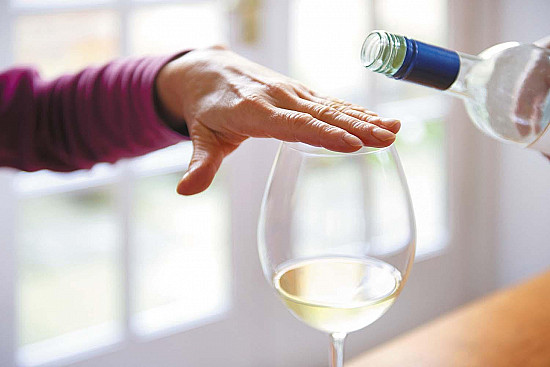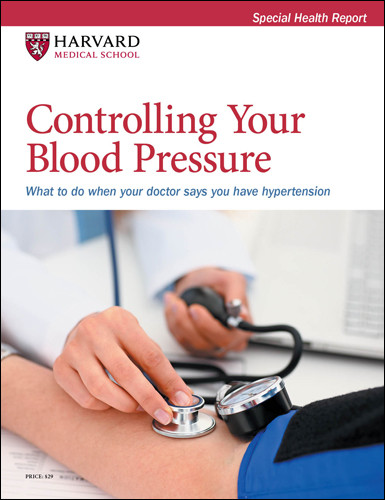Can drinking raise my blood pressure?
Ask the doctor
 Q.
After decades of drinking very little alcohol, I've started enjoying a nightly cocktail (or two) with new neighbors. But my blood pressure was up at my last check-up. Is there a connection?
Q.
After decades of drinking very little alcohol, I've started enjoying a nightly cocktail (or two) with new neighbors. But my blood pressure was up at my last check-up. Is there a connection?
A. Yes. Mounting research has suggested that drinking moderately or heavily increases the risk of high blood pressure. For women, moderate drinking is defined as one drink a day, while heavy drinking is eight or more drinks per week. An October 2023 study in the journal Hypertension suggested that imbibing even one alcoholic beverage per day was linked to higher blood pressure than not drinking at all.
Why might this happen? Drinking elevates our blood levels of a hormone called renin, which can cause blood vessels to narrow. This effect, combined with renin's ability to decrease our urine output, raises blood pressure. The more often someone drinks, the more likely the habit will prod blood pressure readings beyond normal levels.
The solution here is pretty simple: drink less. Perhaps you and your neighbors can opt for mocktails instead, or substitute seltzer for one of your nightly drinks. And see your doctor in the next two months to make sure your blood pressure has returned to normal.
Image: © miniseries/Getty Images
About the Author

Toni Golen, MD, Editor in Chief, Harvard Women's Health Watch; Editorial Advisory Board Member, Harvard Health Publishing; Contributor
Disclaimer:
As a service to our readers, Harvard Health Publishing provides access to our library of archived content. Please note the date of last review or update on all articles.
No content on this site, regardless of date, should ever be used as a substitute for direct medical advice from your doctor or other qualified clinician.
















